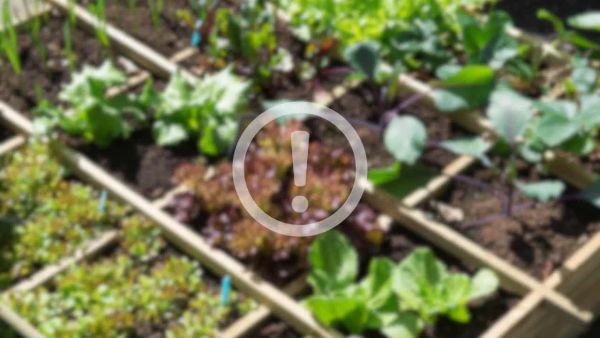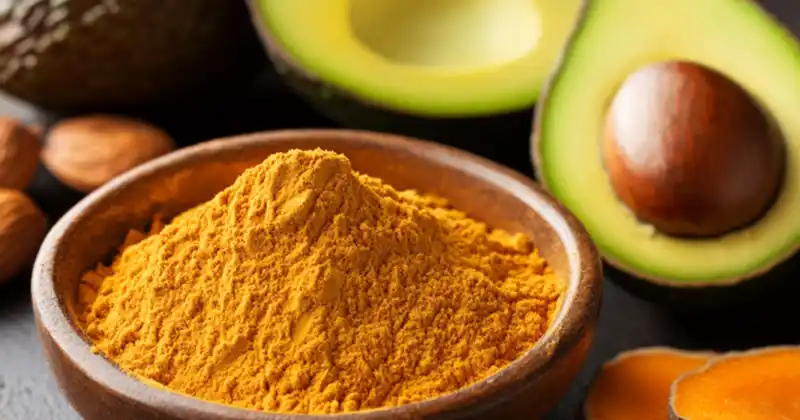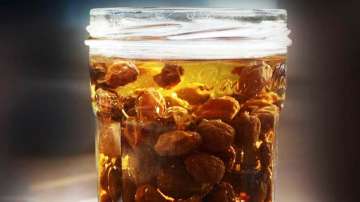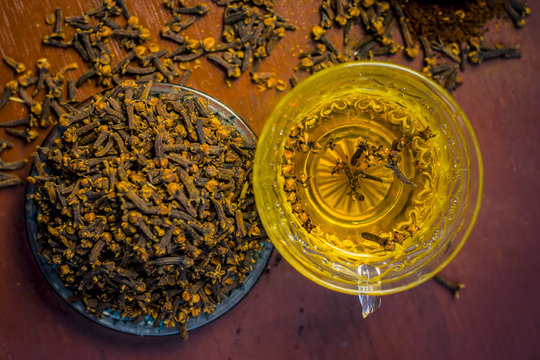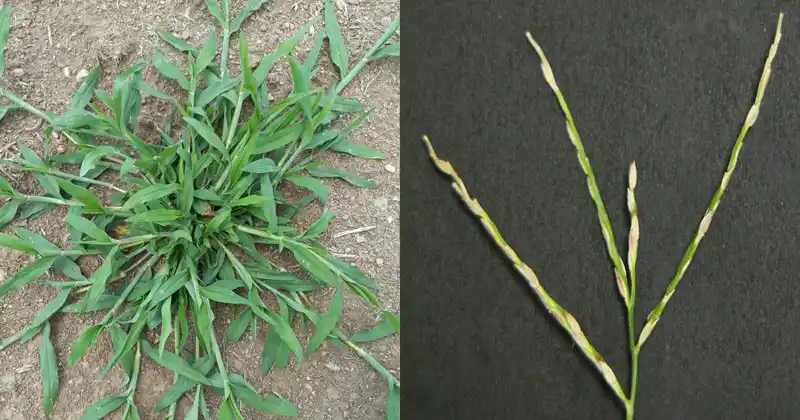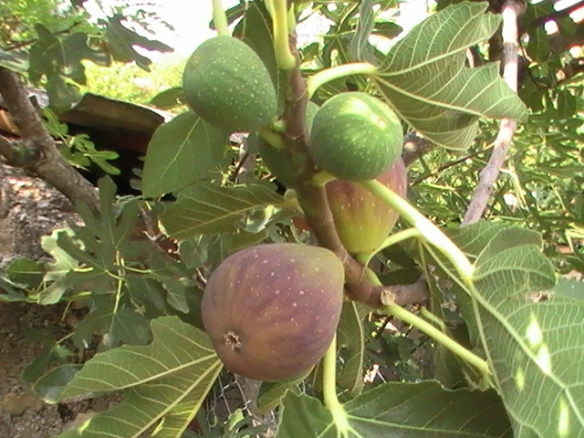Not all plants are safe for your garden, especially when it comes to one highly poisonous species. In this article, we’ll help you identify and avoid this dangerous plant. Here’s everything you need to know about it.
Growing your own garden
Many of us with outdoor spaces or gardens enjoy growing our own produce. It’s a great way to have chemical-free, locally sourced food while finding fulfillment in serving homegrown items at the dinner table.
There are so many options when it comes to cultivating a thriving vegetable garden. From potatoes to tomatoes, peppers to celery, lettuce to chard, the choices are abundant. With a little experience and dedication, maintaining a healthy vegetable patch becomes second nature.
Certain vegetables are particularly beginner-friendly. Tomatoes, for example, thrive with ample sunlight and nutrient-rich, well-draining soil. Other easy-to-grow crops include courgettes, spinach, radishes, peppers, and onions. But instead of talking about how to grow these vegetables, let’s focus on the risks associated with one specific plant.
The danger of one specific plant
Never introduce this toxic plant to your garden. It poses significant risks. The plant in question is Datura Stramonium, commonly known as devil’s horn. It is highly poisonous, and it’s important to avoid cultivating it to prevent potential poisoning or complications.
Before you plant any new species, it’s crucial to familiarize yourself with their characteristics to avoid any issues. While many plants offer health benefits, some like Datura Stramonium pose considerable risks and should be avoided altogether.
Datura Stramonium is extremely toxic to humans and animals. All parts of the plant, especially its seeds, are highly poisonous. When in doubt, seek guidance from gardening experts to ensure the safety of your garden and your future consumption.
The risks of ingesting Datura Stramonium
A recent incident in Gravina di Caltagirone, Sicily serves as a stark reminder of the dangers posed by ingesting Datura Stramonium. Mistaken as courgette flowers, individuals who consumed its seeds and leaves ended up in the emergency room, exhibiting symptoms of poisoning.
Consuming Datura Stramonium flowers and seeds can induce hallucinations and delusional behavior. In severe cases, it can even lead to coma or death. That’s why it’s crucial to exercise caution when choosing which plants to grow in your garden. Avoid Datura Stramonium at all costs.
While medical intervention can help with the symptoms of poisoning, prevention is always the best course of action.
